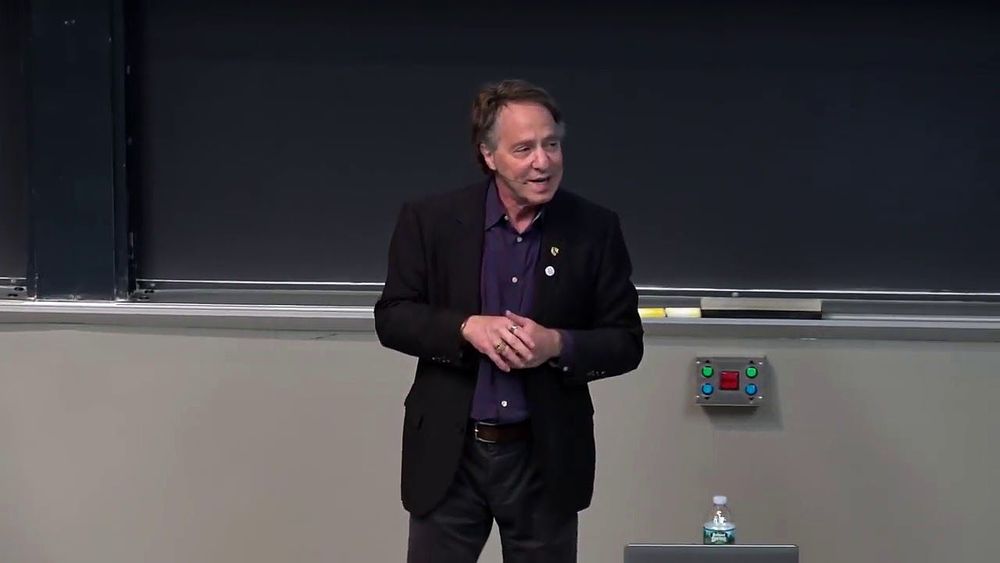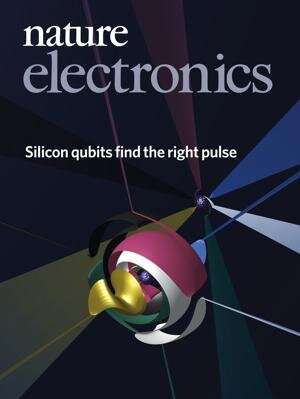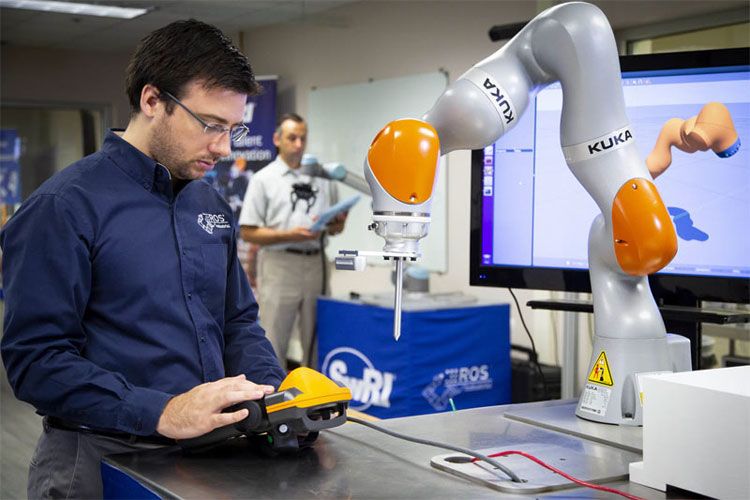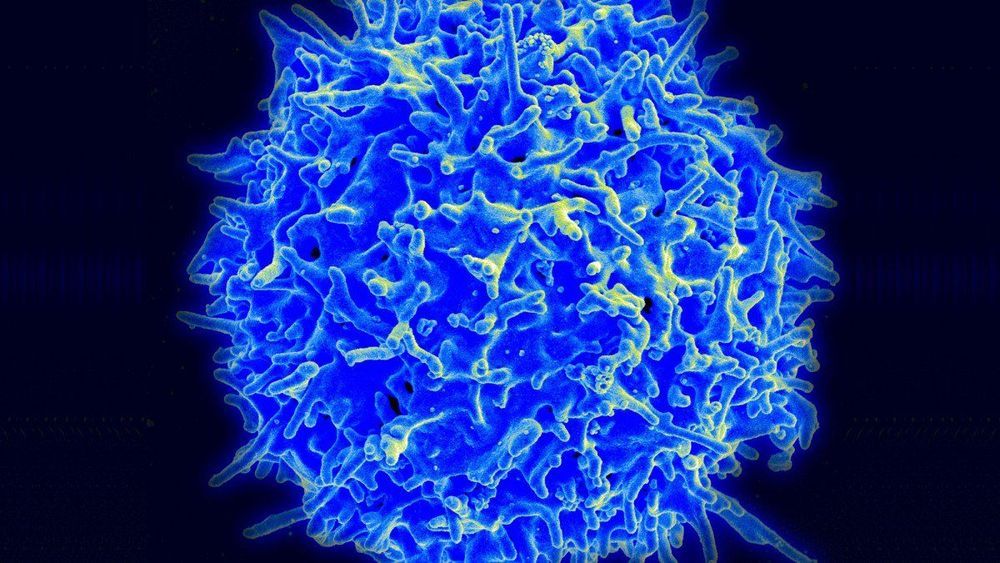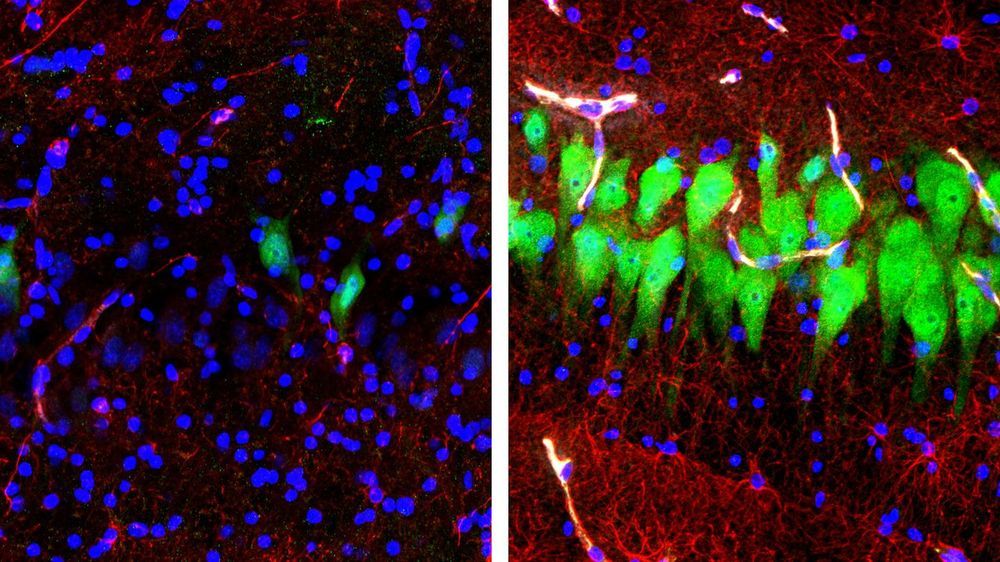
Back in the ancient universe, shortly after the Big Bang, the first atoms formed out of free particles. Only light elements like hydrogen and helium could form at high temperatures, but as the universe cooled, those atoms turned into every single thing we see in our world today. And now, scientists have spotted the type of molecule that formed the very first time two atoms combined.
Theories have predicted for decades that the first molecule that could form would be between the first two elements: hydrogen and helium. But the “helium hydride” molecule, as it’s known, had never been spotted before, Gizmodo explained. This led to some doubt as to whether this theory could even be true. But thanks to a modified Boeing 747 dubbed SOFIA, or Stratospheric Observatory for Infrared Astronomy, we have finally detected the elusive molecule in a far-off nebula called NGC 7027.
Now that it’s confirmed that the universe is capable of forming the helium hydride molecule naturally, this knowledge is helping astronomers better understand how the universe worked in the time just after the Big Bang. The research, published on Wednesday in the journal Nature, has made sense of the “dawn of chemistry,” the authors state. Read more about this exciting find at Gizmodo. Shivani Ishwar.
Continue reading “Scientists detect the oldest type of molecule in the universe” »
